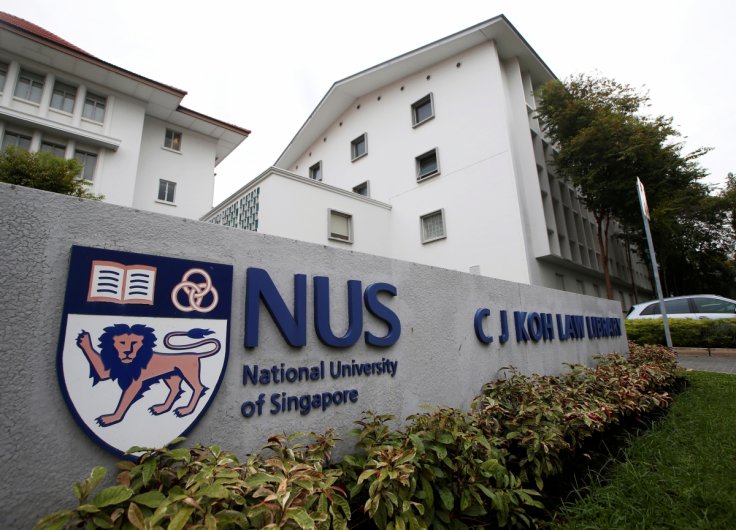
Singapore has declared war against diabetes three years ago when it was emerging as a major health issue with huge economic burden on the nation. Now the researchers from National University of Singapore (NUS) have decided to take the fight further, seeking innovative ways to understand the genetic causes behind the disease and to make use of innovative 'synthetic biology' techniques to combat genetic-linked Type 2 diabetes.
The NUS researchers have made a breakthrough recently developing 'human artificial chromosomes' in the interdisciplinary field, where biology meets engineering. NUS said these chromosomes are assembled in yeast or bacterial cells, "combine various elements from human DNA into a single 'library'" and after the assembly process these are transferred into "lab-grown mammalian cells, which allow researchers to assess how various elements and mutations interact and alter a cell's behaviour or response."
In the lab of Associate Professor Matthew Chang, Director of NUS Synthetic Biology for Clinical and Technological Innovation, efforts are now underway to create a yeast artificial chromosome. The researchers believe that this technology could one day be transferred to create human artificial chromosomes that could unlock the secrets of various genetic-based diseases.
In this case, Associate Prof Chang said, "We believe that such technologies will be instrumental in improving our understanding of the genetic links to diseases such as Type 2 diabetes."
He also explained that artificial chromosomes that contain all of the known single nucleotide variations in human genes linked to glucose metabolism and insulin resistance, and those present in local populations, may soon be developed.
Associate Prof Chang also added that the artificially developed chromosomes can be introduced into cells grown in the lab. It can be expected that the technology will provide a platform to the researchers to disclose the functional relationship between specific genetic variations and diseases such as T2D.
In order to tackle complex diseases, new innovative methods such as T2D grounded in synthetic biology are necessary, said the team.









